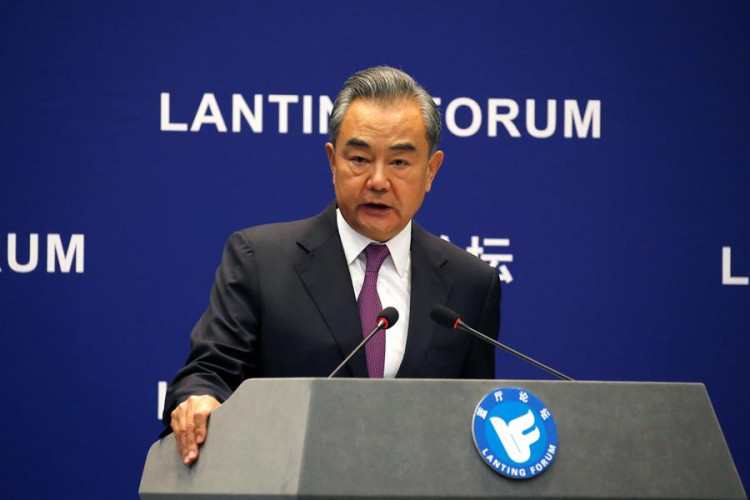China has pledged to address India's needs for rare earth supplies, Indian officials said Tuesday, as the two Asian powers take steps to stabilize relations four years after a deadly border clash in Ladakh left ties badly frayed.
Chinese Foreign Minister Wang Yi arrived in New Delhi for the 24th round of border talks with National Security Adviser Ajit Doval and met Prime Minister Narendra Modi ahead of the Shanghai Cooperation Organization summit later this month in China. The discussions mark the most substantive engagement since 2020 and are unfolding as New Delhi recalibrates its foreign policy amid growing trade friction with Washington.
"There has been an upward trend. Borders have been quiet. There has been peace and tranquillity," Doval told Wang at the start of talks. He added that "our bilateral engagements have been more substantial." Wang responded that "the stable and healthy development of China-India relations is in the fundamental interests of the two countries' people" and urged both sides to "enhance mutual trust through dialogues and expand cooperation."
An Indian source said Wang assured Foreign Minister Subrahmanyam Jaishankar that Beijing would address three Indian concerns: supplies of fertilizers, tunnel-boring equipment and rare earths, critical for India's high-tech industries. Rare earth magnet exports to India remain sharply reduced-down 58% from January levels-even as China has increased shipments to the U.S. and Europe, according to Chinese customs data. India holds the world's fifth-largest rare earth reserves, at 6.9 million metric tons, but lacks magnet production capacity and depends heavily on Chinese imports.
China's commerce ministry did not comment on whether export licenses for India would be expedited. Analysts caution that while Beijing has previously promised faster approvals for Western countries, it has not dismantled its licensing regime, raising doubts about the scope of any concessions.
The meetings also come as Modi prepares to travel to China for the first time in seven years, where he is expected to meet President Xi Jinping at the SCO summit. The trip follows gradual steps to rebuild ties: last year both nations agreed to pull back troops from some Himalayan outposts, and Beijing in June permitted Indian pilgrims to visit holy sites in Tibet.
Still, deep mistrust lingers. India remains a member of the Quad security grouping with the U.S., Japan and Australia, while China maintains close defense and energy ties with Pakistan, New Delhi's regional rival. Lt. Gen. D.S. Hooda, former chief of India's Northern Command, said, "You can't have two hostile neighbors on your borders and simultaneously deal with them also."
Manoj Joshi, senior fellow at the Observer Research Foundation in New Delhi, argued that "settling the boundary issue between the two countries requires political compromise at the highest political level." While Wang's visit and the rare earth pledge signal progress, he noted that Beijing and New Delhi are "still talking past each other when it comes to the border dispute and issues surrounding it."






